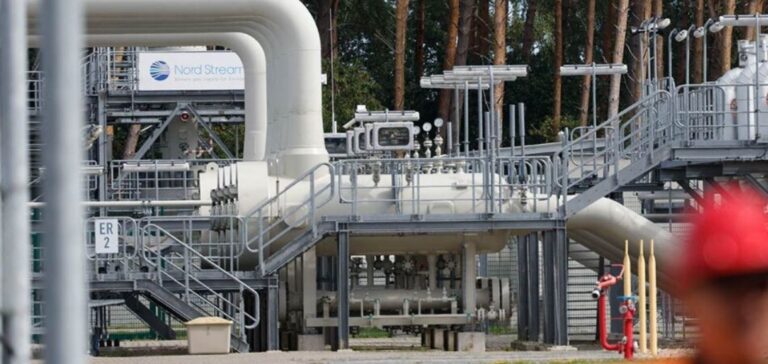Germany is preparing for a potentially difficult winter in terms of gas supplies. Although current storage levels are reassuring, with storage sites 84% full by July 9, 2024, INES has warned of the risks posed by an extremely cold winter. This situation could lead to a gas shortage, forcing the country to impose demand cuts to guarantee security of supply.
INES, which uses 2016 EU average temperatures for its forecasts, believes that extremely low temperatures, similar to those in the winter of 2010, could put a strain on gas reserves. In this context, consumer savings remain crucial to avoid shortages.
Storage measures and regulations
In response to Russia’s invasion of Ukraine in 2022, Germany has introduced strict gas storage rules. Sites must be 85% full by October 1, 2024, and 95% full by November 1, 2024. In addition, a minimum level of 40% must be maintained by February 1, 2025. These measures are designed to prevent shortages in the event of extreme weather conditions, and to guarantee sufficient reserves for the winter months.
Despite these precautions, INES estimates that increased consumption in October and November could necessitate drawing on reserves. In the event of normal to warm temperatures, storage sites could see their levels fall by between 35% and 69% by the end of winter in April 2025, while still complying with the legal February limits.
Diversification efforts and impact on prices
Germany’s strategy of diversifying its energy sources has intensified following the reduction in Russian gas imports. The government has leased five floating storage and regasification units (FSRUs) in Wilhelmshaven, Brunsbüttel, Stade and Lubmin. A new terminal is also planned for Mukran, with the recent arrival of the Neptune FSRU. Scheduled to begin commercial operations shortly, the terminal will have a total regasification capacity of 13.5 billion cubic meters per year, covering up to 15% of Germany’s total gas demand.
At the same time, gas prices in Europe continue to fall thanks to demand reduction efforts, robust storage levels and increased LNG deliveries. The Dutch TTF futures price was valued at €30.745/MWh on July 10, 2024, down 1.62% on the previous day.
Long-term consequences and reflections
Germany’s historic dependence on Russian gas imports has necessitated a significant adjustment to align with the EU’s REPowerEU initiative, which aims to phase out Russian fossil fuel imports by 2027. The transition to LNG and increased storage capacity are key elements of this strategy.
However, the question remains as to whether these measures will be sufficient to avert a crisis in the event of an exceptionally cold winter. The need to save energy and reduce gas demand will remain a priority for Germany in the years ahead, particularly in the face of climate uncertainty.






















